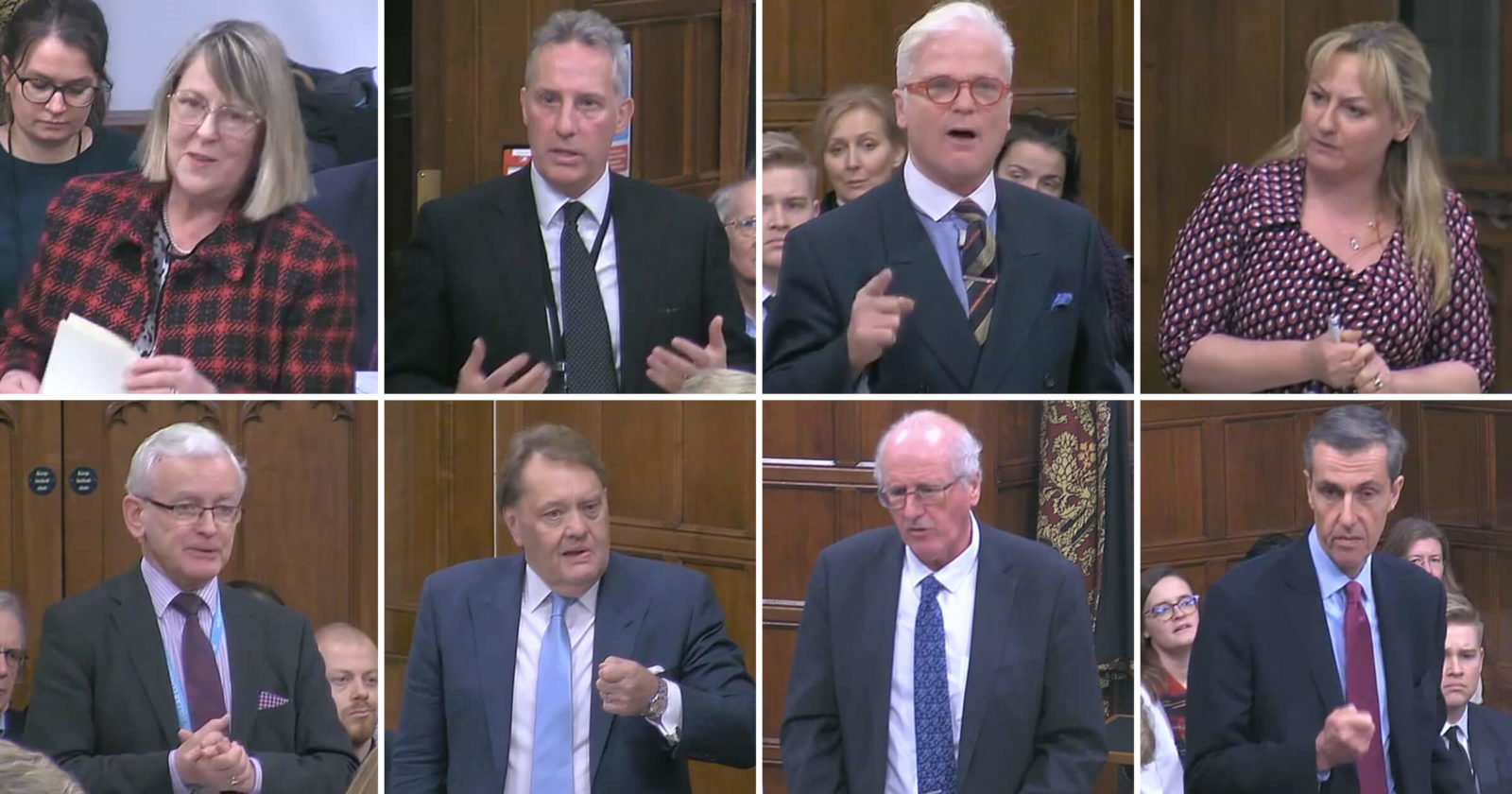PRESS RELEASE – FOR IMMEDIATE RELEASE
Govt rejects call for a review into assisted suicide, after strong opposition from MPs
Strong opposition from MPs during a debate in Parliament yesterday (Thursday 23 Jan) has resulted in the Government rejecting calls for a review on assisted suicide despite the best efforts from large pressure groups in favour of assisted suicide.
This follows the news that an attempt to introduce assisted suicide to the Isle of Man has failed.
A large turnout of MPs, including Sir Desmond Swayne, Sir John Hayes, Fiona Bruce, Dr Lisa Cameron, Andrew Selous and Martin Vickers spoke strongly against assisted suicide in the debate.
Baroness Finlay has introduced an Access to Palliative Care and Treatment of Children Bill to the House of Lords. This bill aims to highlight the necessity of speciality training for palliative care; to ensure that children, babies, and those with learning disabilities receive palliative care; and, the responsibility of Clinical Commissioning Groups to identify, fund support and provide services to those with palliative care needs.
Not a single doctors group or major disability rights organisation in the UK supports changing the law, including the British Medical Association, the Royal College of General Practitioners, the Royal College of Physicians, the British Geriatric Society and the Association for Palliative Medicine.
Parliament has consistently rejected attempts by the assisted suicide lobby to introduce assisted suicide, with 330 to 118 voting against introducing assisted suicide in 2015.
Speaking in the debate, Dr Lisa Cameron MP, Chair of the All-Party Parliamentary Group for Disability, said:
“Often, when people face debilitating illness or very difficult life events, suicide may come to their minds. Does she agree that at such times, we should provide better mental health support, psychological support and counselling to enable people to come to terms with their feelings and look much more positively towards their abilities and the contribution they make?”
Speaking in the debate, Fiona Bruce MP, said:
“Disability groups are extremely concerned about what has happened, for example, in Canada since 2016. In just four years, under the law that has allowed terminally ill people to request assisted suicide and euthanasia, safeguards have been ignored, removed and extended to non-terminally ill people such as those with depression.
Rather than assisting vulnerable people to commit suicide, or administering euthanasia, we should be looking to improve palliative care provision and mental health treatment… The UK is a pioneer in palliative medicine and a world leader in palliative care. Let us keep it that way.”
Speaking in the debate, Sir Desmond Swayne MP, said:
“my belief is that the lever that is available to us will end up being something much, much worse. What will begin as a choice will end as an expectation. After all, Sir Graham, you would not want to be a burden, would you? Would you not actually want to follow the example of Uncle Quentin, who saved us all so much anguish and expense?”
Speaking in the debate, Martin Vickers MP, said:
“Rather than opening the door to assisting us to die, patients—all of us—need to have confidence that our medical professionals are striving to keep us in good health and alive.”
Spokesperson for Right To Life UK, Catherine Robinson, said:
“For the last twenty years then, the UK Parliament, the Scottish Parliament, Welsh Senedd, and Isle of Man Tynwald have consistently voted against introducing legislation allowing assisted suicide, after examining the evidence and listening to the personal accounts of many. Not only that, but in many cases – most notably the House of Commons – this stance has strengthened over time, particularly as eligibility criteria and other ‘safeguards’ are ignored.
Yet, despite the strong opposition and historic defeats, it is clear that the same group of activists pushing assisted suicide are not giving up.
The large turnout of MPs to this debate demonstrates that there is strong opposition towards assisted suicide from MPs and the Government have rightly rejected their calls for a review of the current law.
A recent study into end-of-life care ranked the UK as the best in the world, praising the quality and availability of services. Now, politicians will now be able to heed the calls of MPs today in funding support and providing services that will improve palliative care across the UK, as already evidenced in Baroness Finlay’s Access to Palliative Care and Treatment of Children Bill to the House of Lords.
Legalising assisted suicide would inevitably lead to pressure on vulnerable people to choose the quicker, cheaper option of death over end of life care.”
ENDS
- For additional quotes and media interviews contact +44 07774 483658 or email press@righttolife.org.uk
- For further information on Right To Life UK visit www.righttolife.org.uk


